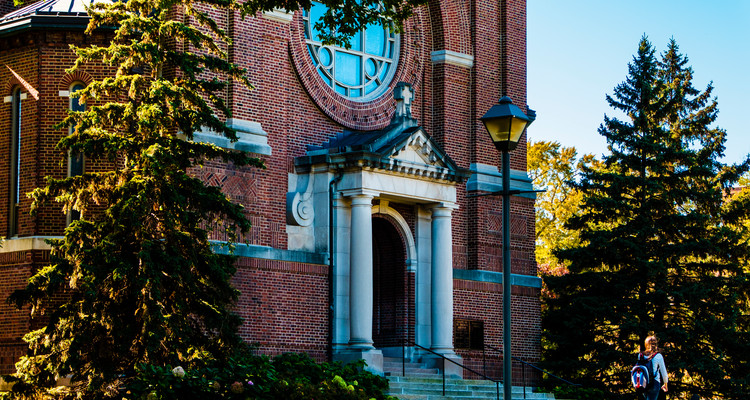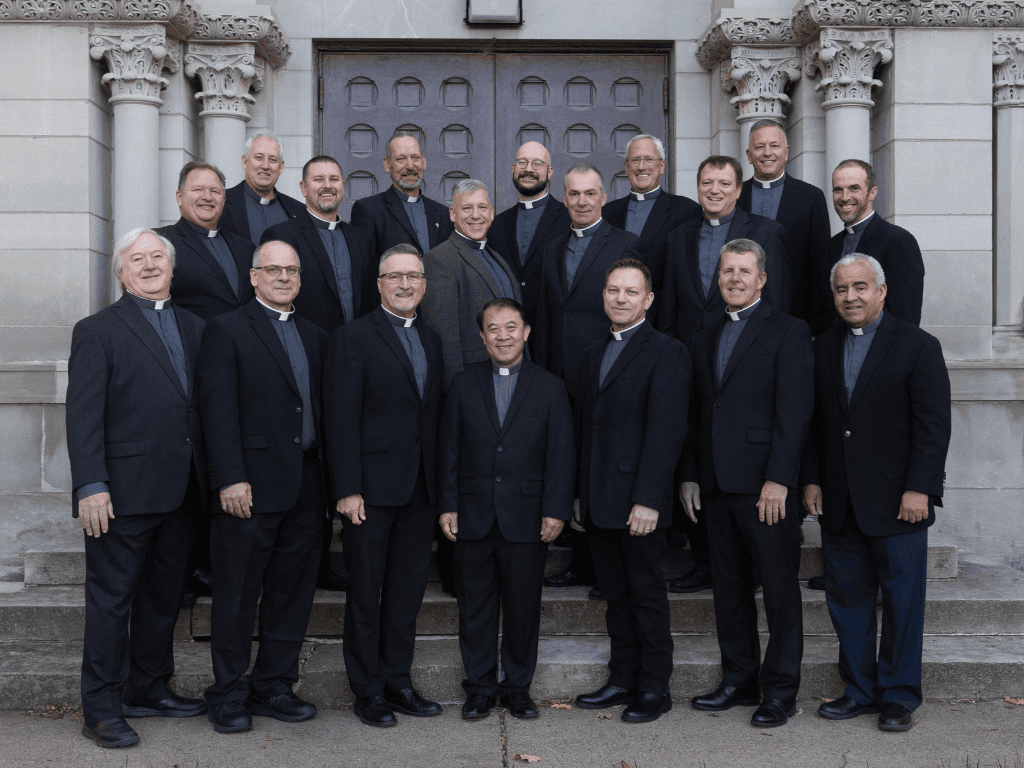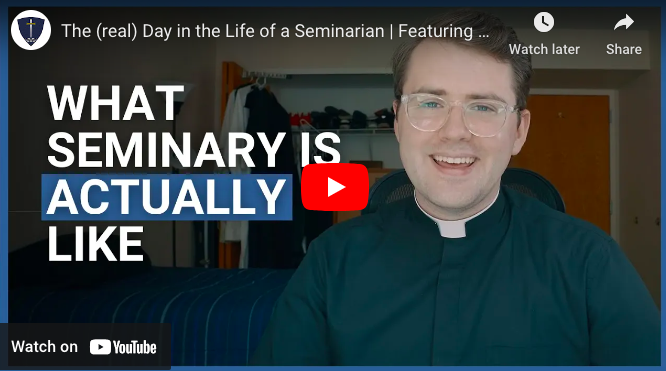The Office for Campus Ministry has hired a Presbyterian minister, Jewish rabbi and Muslim faith leader onto its pastoral staff, another step forward in the university’s push toward supporting all faiths on campus and throughout the St. Thomas community.
Those new leaders include the Rev. Medhat Yoakiem of the Presbyterian faith; Tamara Gray of the Islamic faith; and Rabbi Alan Shavit-Lonstein of the Jewish faith. Father Patrick Tobin, who has been an associate chaplain in the Office for Campus Ministry at St. Thomas since 2012-13, will continue in his role alongside the three new associate chaplains. Each will support the pastoral care of four of the largest faith contingents within the student body, as well as promote the interfaith dialogue and respect among all faiths that has been a growing priority for St. Thomas.
“It’s a very exciting time,” said Father Larry Blake, chaplain and director of campus ministry. “As a Catholic university we are committed to enabling the spiritual growth of all our students. We recognize they come from diverse faith traditions and we want to honor that.”
Yoakiem is originally from Egypt and has held several spiritual leadership roles over the past decade in Egypt, Wisconsin, Rhode Island and Minnesota. Gray is originally from Minnesota and graduated from Macalester College, and for 20 years lived in Syria before returning to Minnesota, where she started doctoral work in leadership at St. Thomas. Shavit-Lonstein has been the rabbi-in-residence at the Jay Philips Center for Interfaith Learning at the University of St. Thomas, and was previously the rabbi at Temple of Aaron in St. Paul from 2002-14.
The hires and added dedication to interfaith elements of the St. Thomas community help bring the university more in line with the Catholic Church, said Father Larry Snyder, director of the Office for Mission.
“There’s a piece in Ex Corde Ecclesiae where Pope John Paul II says the university has an obligation to foster the spiritual development of all of its students, comma, especially Catholics. He’s not being exclusive at all. Our current efforts are to try to bring the university into compliance with that,” he said.
The new leaders already have begun making contact with students and becoming a part of the faith community at St. Thomas, Blake said, and all are looking forward to helping students in their respective faiths and creating more opportunities for interfaith dialogue.
Last spring also saw the initiation of an interfaith council, which features six students, six faculty and six staff, who meet three times a semester to discuss what the St. Thomas community is doing – and what it can do more of – to promote interfaith dialogue and learning. This fall, Student Affairs, the Jay Phillips Center for Interfaith Learning and the Muslim-Christian Dialogue Center collaborated to form Tommies United. Tommies United is dedicated to bringing together student leaders from clubs and groups around campus and encouraging them to find ways to connect with and support one another.
“There was a great melding of conversations [at the first event], and it’s wonderful to see what students come up with when you put them to the task,” said Ed Kim, assistant director of campus life.
“We have these many cultural clubs, intercultural events, this pluralistic society on campus with so many international students. Even as we are a Catholic school we have people from many religions. We’re all for the common good, and more communication is really helpful for us,” added senior Jingru Liu. “As we meet with different people, communicate with different people, make the whole environment on campus more open, we can accept and understand and respect the differences and the similarities.”
Those thoughts embody the same interfaith ideals Pope Francis spoke of when he visited Sri Lanka in 2015.
“As experience has shown for [interreligious] dialogue and encounter to be effective, it must be grounded in a full and forthright presentation of our respective convictions,” he said. “Certainly, such dialogue will accentuate how varied our beliefs, traditions and practices are. But if we are honest in presenting our convictions, we will be able to see more clearly what we hold in common. New avenues will be opened for mutual esteem, cooperation and, indeed, friendship.”
The recent additions build on an already strong foundation of interfaith resources at St. Thomas, including the longstanding Jay Phillips Center for Interfaith Learning and Muslim-Christian Dialogue Center. The Jay Phillips Center is a collaboration with Saint John’s University and, after many years of fostering Jewish-Christian relations, has expanded its mission to promote interfaith learning, friendship and service among people of various religions, which it does by sponsoring a host of interfaith activities, including artistic performances, lectures, panels, conferences, retreats and service programs. The Muslim-Christian Dialogue Center, an initiative of the theology department, is dedicated to developing Muslim and Christian leaders who grow in mutual understanding and advance peace, justice, and harmony in the world.







